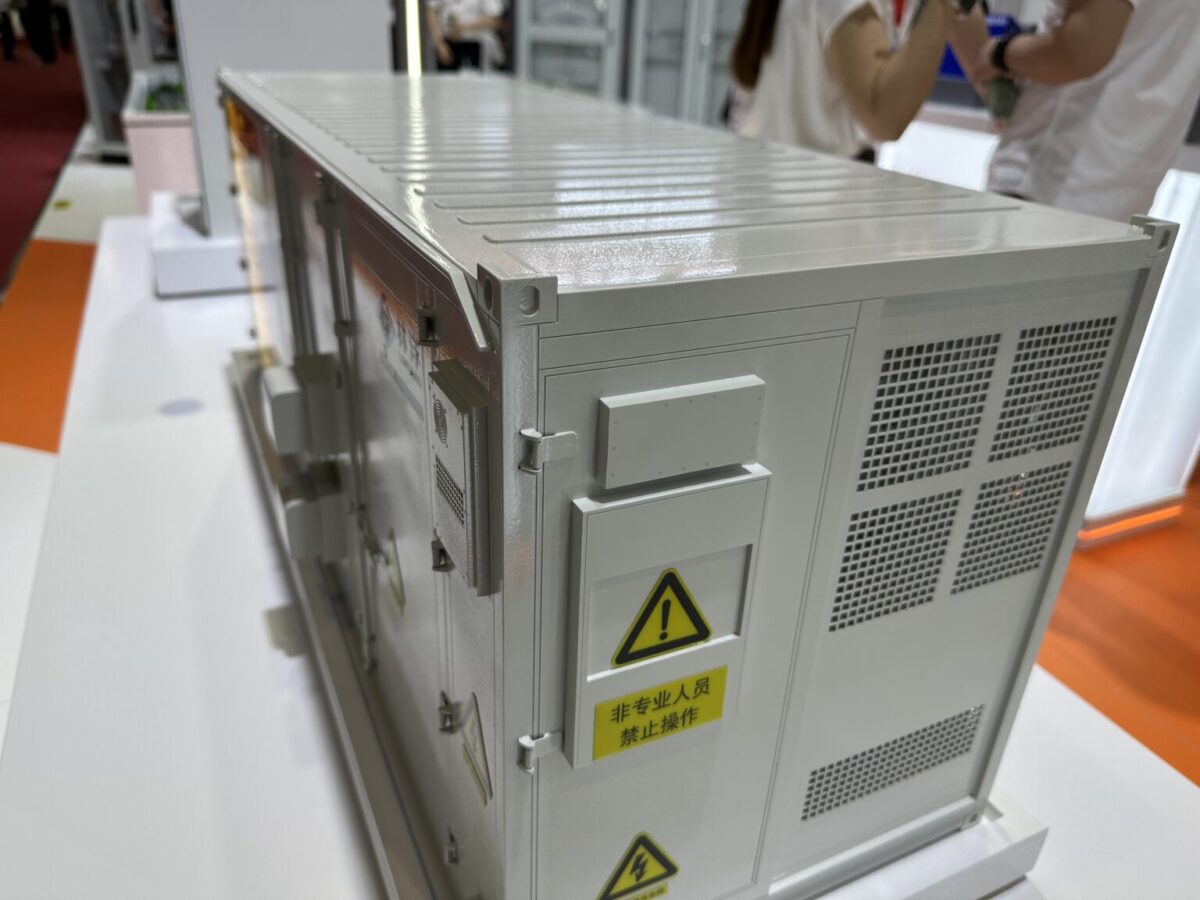From ESS News
Leeward Renewable Energy, a Dallas-based owner of US solar, wind, and battery storage projects, has released a report on BESS hazards to highlight the causes of thermal runaway and fires in lithium-ion batteries and to place them in context. The study, by Thomas Ebel, senior manager of BESS engineering at Leeward, examined potential causes of BESS hazards, the effects of different battery chemistry, and lessons learned from previous incidents.
The report did not factor in mechanical damage from accidents or natural events such as earthquakes and tornadoes.
Various scenarios considered BESS hazards including spikes or short-circuits running through electrodes from mechanical and/or electrochemical stress inside battery cells. The report found such stresses tend to result from electrolyte degradation or improper voltage forced into a battery system. Such events result in excessive heat that can cause thermal runaway.
The document stated battery chemistry can have a major effect on the frequency, severity, and results of voltage events. The authors of the study said lithium-ion battery chemistry can be differentiated by ratios of cobalt and nickel. Battery chemistries with higher amounts of cobalt tend to be more stable and more expensive. Devices with higher nickel ratios are less stable and more economical.
The report said, “Unfortunately, due to economic and technical reasons, the latter was the preferred method and the industry had to suffer some unwelcome consequences.”
The adoption of lithium ferro-phosphate (LFP) material in cell cathodes, as the industry standard for utility-scale BESS, is alleviating thermal runaway problems, the report said. LFP designs tend to have lower energy density, and thus are larger, and have lower flash points and lower overall heating rates compared to earlier nickel-manganese-cobalt (NMC; also abbreviated NCM) and nickel-cobalt-aluminum (NCA) formulations. LFP-based designs tend to be less expensive.
To continue reading, please visit our ESS News website.
This content is protected by copyright and may not be reused. If you want to cooperate with us and would like to reuse some of our content, please contact: editors@pv-magazine.com.








By submitting this form you agree to pv magazine using your data for the purposes of publishing your comment.
Your personal data will only be disclosed or otherwise transmitted to third parties for the purposes of spam filtering or if this is necessary for technical maintenance of the website. Any other transfer to third parties will not take place unless this is justified on the basis of applicable data protection regulations or if pv magazine is legally obliged to do so.
You may revoke this consent at any time with effect for the future, in which case your personal data will be deleted immediately. Otherwise, your data will be deleted if pv magazine has processed your request or the purpose of data storage is fulfilled.
Further information on data privacy can be found in our Data Protection Policy.